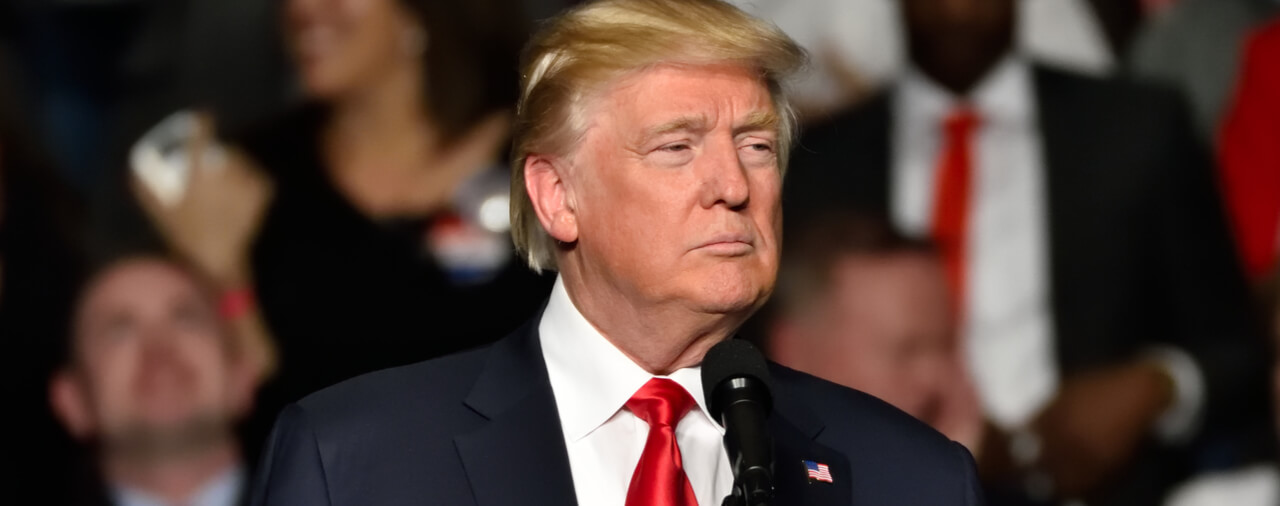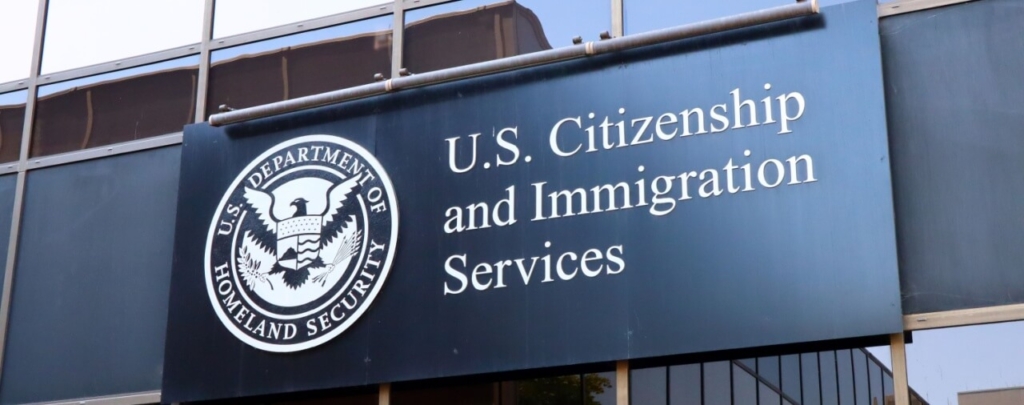On October 24, 2017, the Supreme Court of the United States dismissed the second of two challenges to provisions of President Donald Trump’s March 6, 2017 Executive Order 13780. The Trump Administration had appealed from an adverse decision in the United States Court of Appeals for the Fourth Circuit (Trump v. IRAP) and the United States Court of Appeals for the Ninth Circuit (Trump v. Hawaii).
President Trump’s Executive Order 13780, colloquially called the “Travel Ban” by many, contained numerous provisions regarding immigration security. The two provisions most contested in courts were section 2(c), dealing with the suspension of entry of nationals from six countries [see article], and section 6, dealing with the temporary suspension of the refugee admissions program [see article]. The Fourth Circuit decision only went against section 2(c), whereas the Ninth Circuit decision went against both section 2(c) and the section 6 refugee provisions.
Section 2(c) expired on September 24, 2017, and was replaced with a new Presidential Proclamation on the matter [see article]. On October 10, 2017, the Supreme Court dismissed Trump v. IRAP and vacated the judgment of the Fourth Circuit that had enjoined implementation of section 2(c) [see blog]. At that time, it took no action on Trump v. Hawaii, likely due to the fact that the section 6 refugee provisions had not yet expired.
The suspension of entry of refugees in section 6 of Executive Order 13780 expired on October 24, 2017. On the same day, the Supreme Court dismissed Trump v. Hawaii from its docket because the challenged provisions of the order had expired and no longer presented a “live case or controversy.” To this effect, it cited to its decision in Burke v. Barnes, 479 U.S. 361, 363 (1987) [PDF version]. On September 24, the Court also vacated the judgment of the Ninth Circuit and instructed that court to dismiss as moot the challenge to Executive Order 13780. To this effect, the Supreme Court cited to its important decision in United States v. Munsingwear, Inc., 340 U.S. 36, 39 (1950) [PDF version]. The Supreme Court made clear that it was taking no position on the merits of the challenge.
The Supreme Court’s decision to vacate IRAP v. Trump and Hawaii v. Trump (names of the lower court decisions) in accord with Munsingwear is significant because, as a result, neither decision will have value as precedent going forward. This is also noteworthy because Judge Derrick Watson of the United States District Court for the District of Hawaii had cited to the Ninth Circuit decision in Hawaii v. Trump, 859 F.3d 741 (9th Cir. 2017) extensively in his decision granting a temporary restraining order against most of its travel restrictions [PDF version]. As was the case with the dismissal of IRAP v. Trump, only Justice Sonia Sotomayor dissented from the decision in Trump v. Hawaii to vacate the judgment of the lower court, taking the position that the case should have been dismissed as improvidently granted but that the lower court decision should have been left standing.
We will continue to update the site with more information on this and related issues. Please see our related article on President Trump’s new Executive Order on refugees which follows from his Executive Order 13780 [see article].





